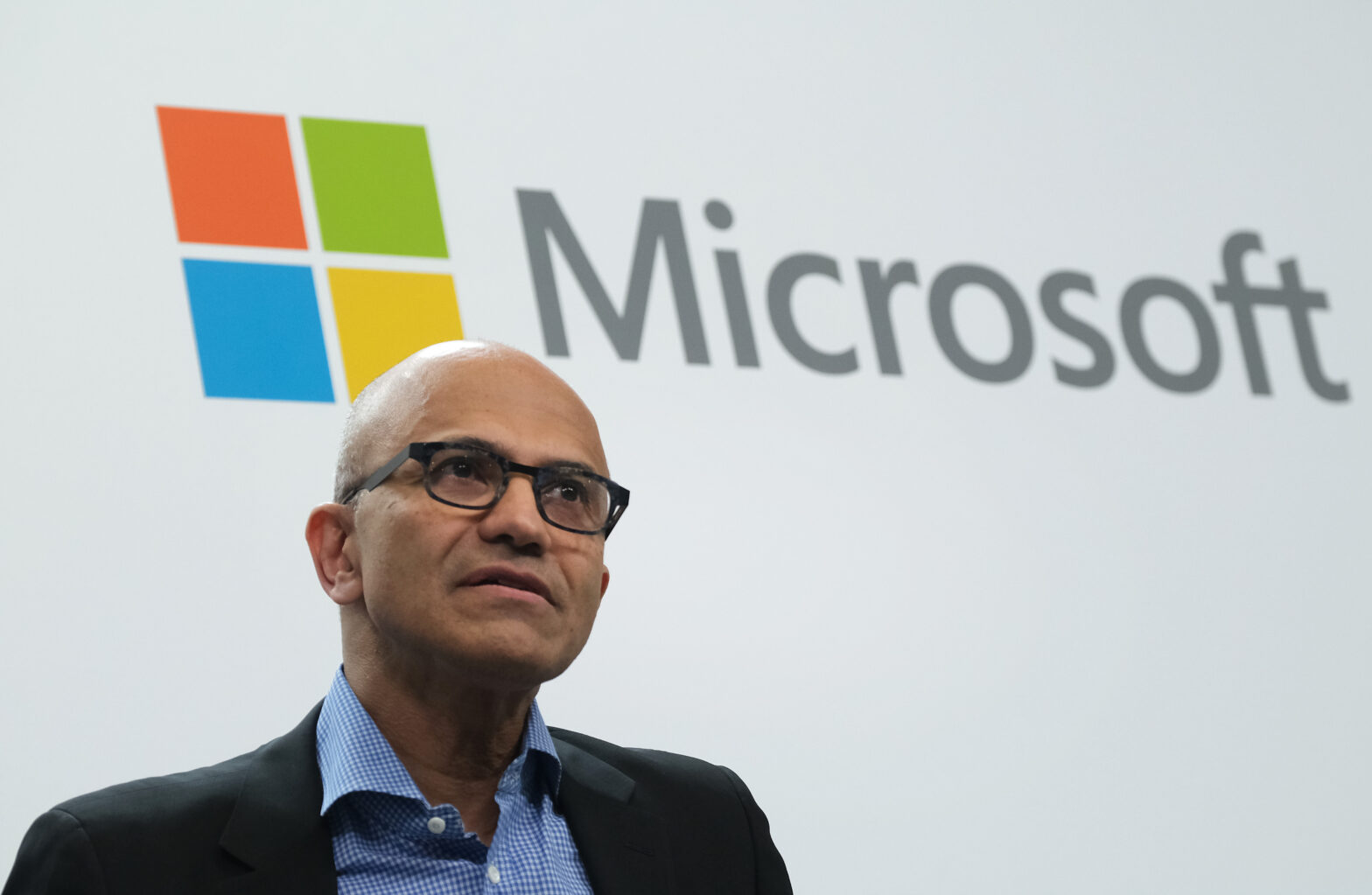IT leaders looking to innovate with generative AI may have to substantially increase investment in the technology, as Microsoft increases the monthly subscription price of artificial intelligence features within its business Microsoft 365 service.
Microsoft CEO Satya Nadella defended the price hike in correspondence with the FT, by referring to new AI features as “the third leg” alongside software such as Word, PowerPoint and Excel; and its cloud suite which includes Teams.
However, Gartner distinguished vice-president analyst Jason Wong said that the $30 per month is “at the higher end of what we see for other generative AI services” – the premium edition of ChatGPT is priced at $20 a month, while Microsoft’s GitHub Copilot can be accessed for the monthly fee of $19.
Yoshua Bengio – ‘Powerful tech will yield concentration of wealth’ — Professor Yoshua Bengio, one of the godfathers of AI, on which sectors will be revolutionised by AI, the need for tighter regulation, and whether AI poses an existential threat.
Shares in Microsoft surged to a new record high, following the price hike announcement.
The development follows the installation of price increases for Microsoft’s Bing API in May, from a minimum level of $3 to $15 per thousand queries.
Meta and Microsoft partner on LLaMA 2 model distribution
Microsoft has also become the first selected distribution partner of Meta, for its new LLaMA 2 large language model, which will be open source, unlike competitors GPT-4 and Google’s Palm LLM for Bard, which remain proprietary.
Through this partnership — announced at Microsoft’s Inspire conference — LLaMA 2 will be made available in Azure and other Microsoft platforms.
Previously, Meta’s licensing policy for use of its generative AI software pertained to adoption that was research-only.
Microsoft had already been serving as a strategic cloud provider of Meta since May 2022, with the two companies working together to advance AI capabilities and scale adoption of open source machine learning framework PyTorch in the Azure environment.
Seven deadly sins of devising a cloud strategy — What are the seven deadly sins when devising a cloud strategy? Giulio Roggero of Kubernetes developer Mia-Platform is our guide through cloud-adoption hell.
Announced last week, the release of LLaMA 2 has been met with scrutiny over how open source models could be regulated globally.
According to Dame Wendy Hall, Regents Professor of Computer Science at the University of Southampton, speaking to the BBC, there are concerns to be addressed around legislation of open source AI, stating: “Can the industry be trusted to self-regulate, or will they work with the governments to regulate?
“It’s a bit like giving people a template to build a nuclear bomb.”
While strongly agreeing that AI needs to be regulated, Meta’s president of global affairs Sir Nick Clegg referred to current AI models as “quite stupid”, before commenting that “hype has somewhat run ahead of the technology”.
Mr Clegg continued: “The question is how can you do it as responsibly and safely as possible.
“I feel I can assert without any fear of contradiction, that the LLMs that we are open-sourcing are safer than any of the other AI LLMs which have been open-sourced.”
Related:
How generative AI regulation is shaping up around the world — With generative AI developments heating up globally, we take a look at the regulation state of play for regions across the world.










